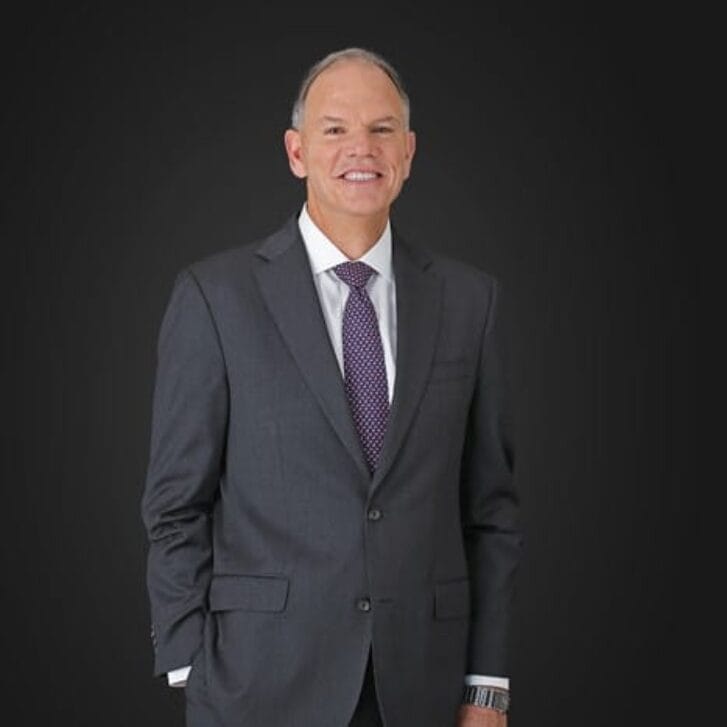This past week I had the pleasure of speaking with Dan Polsky, director of the Leonard Davis Institute; Guy David, director of the Wharton Executive Education Physician Leadership Academy; and Andrew Wiesenthal, managing director of the Deloitte Healthcare practice at Deloitte Consulting, about physician leadership on Wharton Business Radio’s “The Business of Health Care” program on Sirius XM 111.
We had a rather lively discussion about why physician leadership has been lacking in the past and why physician leaders have recently begun to step up. Of the nearly 6,500 hospitals in the U.S., physicians run approximately 250. However, of the top 18 hospital institutions (as measured by various performance metrics, including quality), physicians run 10.
It appears that a number of issues have contributed to the dearth of physician leadership in the past. These include:
- A general skepticism about the value of time spent on leadership versus time spent treating patients;
- A widespread view of leadership as an ambiguous discipline, in contrast to clinical practice, which is steeped in hard-outcome data;
- A lack of data on leadership’s effect on treatment approaches;
- The difficulty of measuring leadership;
- The lack of a nurturing leadership environment.
However, the climate for supporting and developing physician leadership appears to be changing, with the Affordable Care Act (ACA) being one of the main drivers. One significant factor is moving from payment for volume to payment for value (and using management metrics to measure this). Another is the physician in the role of a team player, as the ACA focuses on integration (versus being the sole decision maker) and the need to coordinate care throughout the patient’s health care experience. There’s also dealing with and interpreting non-clinical data (such as ensuring a patient has transportation to and from their appointment), and dealing with a rapidly changing, ambiguous health care environment.
The Wharton School however is helping to promote leadership among physicians with programs such as the Physician Leadership Academy headed by Guy David, an associate professor at the Wharton School and the Perelman School of Medicine at the University of Pennsylvania. This 10-month “fellowship” program teaches physicians how to work with others, deal with ambiguity (through business modeling and team inputs), and plan strategically. Physicians work with mentors and coaches to learn how to develop these skills and become successful leaders in the healthcare industry. Interestingly, many of the lessons and skill sets taught at the Academy are making their way into medical school training.
The Academy is just another example of how the Wharton School is at the forefront of training tomorrow’s leaders with its innovative programs.

























